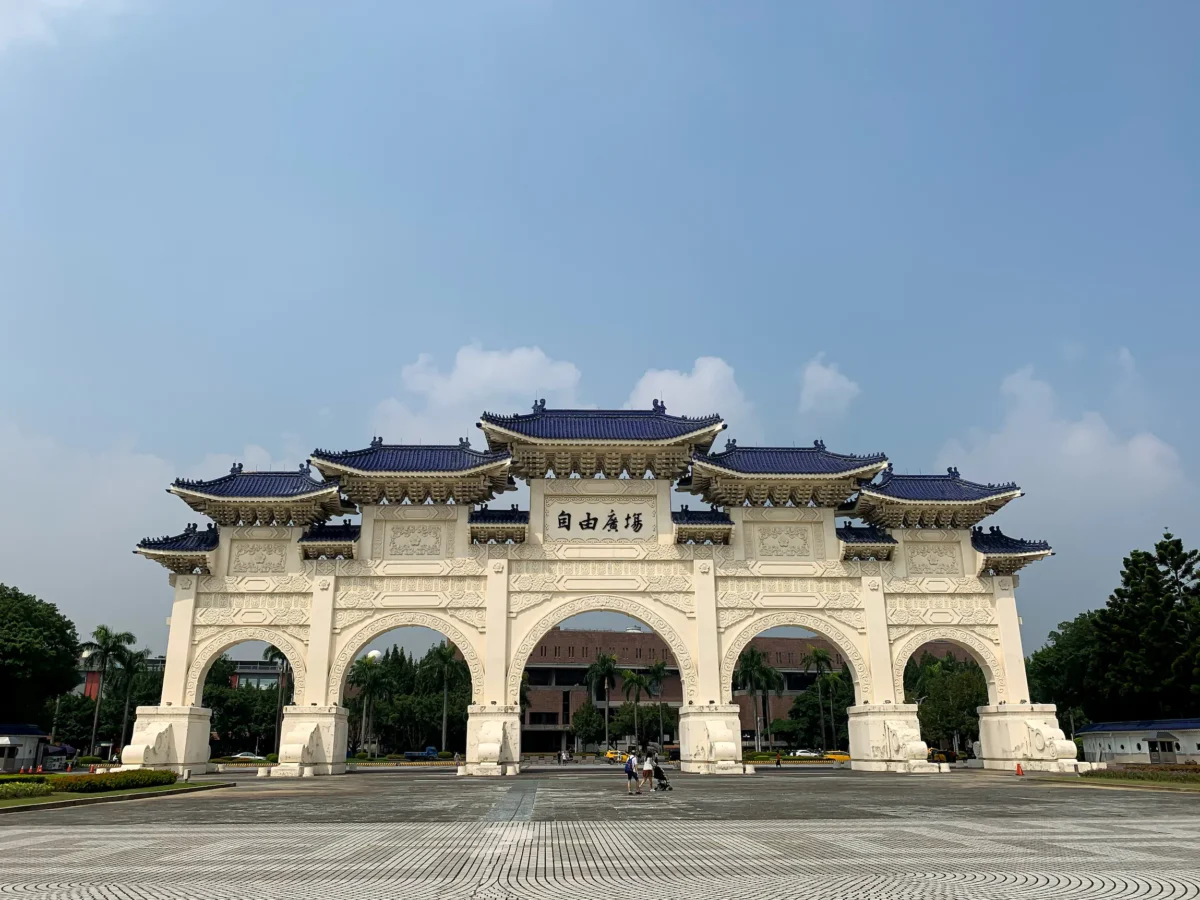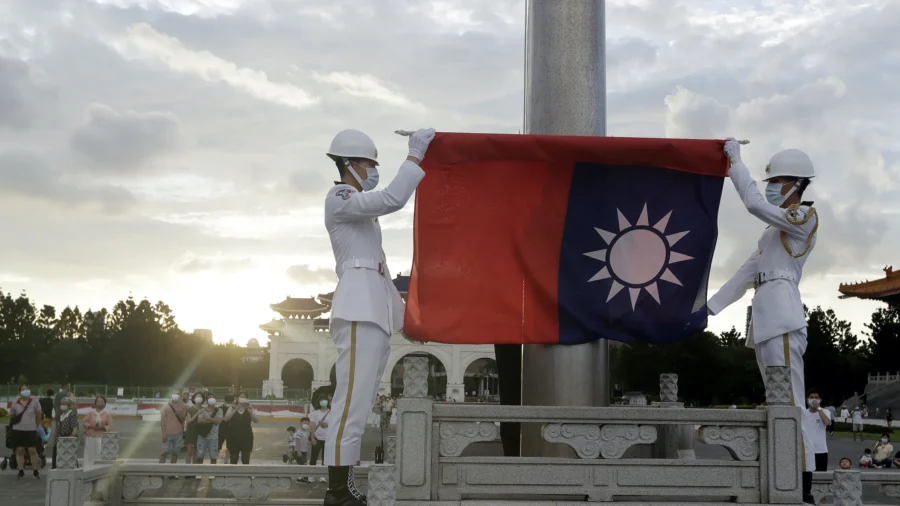China sent more than 30 warplanes and a group of navy ships toward Taiwan following an announcement that senior American and Chinese representatives were going to discuss Taiwan during a meeting in Thailand’s capital, Bangkok, the island’s defense ministry said Saturday.
China’s army sent 33 aircraft and six navy vessels around Taiwan, between 6 a.m. Friday and 6 a.m. Saturday. Of these, 13 warplanes crossed the midline of the Taiwan Strait—an unofficial boundary that’s considered a buffer between the island and mainland. Taiwan has monitored the situation and employed its own forces in response to the activities.
Top Chinese and U.S. officials held candid talks in Bangkok aimed at lowering tensions between the superpowers on Taiwan and other subjects, ahead of an expected springtime call between U.S. President Joe Biden and Chinese leader Xi Jinping.
U.S. national security adviser Jake Sullivan pressed Chinese foreign minister Wang Yi to use his country’s diplomatic influence to convince Iran to curtail support for Houthis attacking Red Sea merchant vessels, according to a senior Biden administration official.
The meetings, which spanned more than 12 hours over two days and wrapped up on Saturday, are intended to deliver on President Biden and Xi’s agreement at a California summit in November to restore ruptured diplomatic talks on a range of global security and economic issues like defense and counter-narcotics, despite significant disagreements.
China’s foreign ministry and the White House said in statements that the two sides had agreed to keep in contact to manage sensitive issues.
U.S. Secretary of State Antony Blinken is expected to travel to Beijing and more military-to-military talks are planned for the coming months, and counter-narcotics talks start between the countries on Tuesday in Beijing.
China criticized the United States on Thursday for causing “trouble and provocation” after the U.S. Navy sailed its first warship through waters separating China and Taiwan since the election.
The United States switched diplomatic recognition from Taipei to Beijing in 1979 and has long said it does not support a formal declaration of independence by Taiwan. It does, however, maintain unofficial relations with the self-governed island and remains its most important backer and arms supplier.
President Biden previously upset the Chinese communist regime with comments that appeared to suggest the United States would defend the island if it were attacked. That stance deviates from Washington’s long-held position of “strategic ambiguity.”
Open conflict between China and Taiwan in a U.S. presidential election year would strain the U.S. economy and stretch President Biden’s national security team, which is already dealing with a grinding Ukraine–Russia war, the Red Sea Houthi attacks, and an Israel–Gaza conflict that has divided Biden’s voter base.
China’s struggling economy may dampen Beijing’s appetite for a more combative relationship with Washington.

Recently six Chinese balloons were flown over Taiwan or through its northern airspace days after the island elected Lai Ching-te as its new president. Mr. Lai’s Democratic Progressive Party largely campaigned on self-determination and a rejection of China’s threats.
President Biden and Xi met on the sidelines of a summit in November in an effort to patch up frayed relations due to quarrels over a range of economic and geopolitical issues.
U.S. lawmakers, in their first visit to the island since its elections, told Taiwan to “rest assured” that they have firm support from Washington during a meeting last week with President-elect Lai and outgoing President Tsai Ing-wen.
Mr. Lai said he hopes that the United States can continue to firmly support Taiwan.
On the military front, Taiwan has increased the service period for its conscripts from 4 months to one year, with the extension announced in late 2022 by Ms. Tsai as a response to the government’s concerns about China’s military threat.
In recent years the Chinese regime has ramped up military, diplomatic, and economic pressure on Taiwan.
That has included almost daily Chinese air force missions near the island over the last four years.
The period of military service in Taiwan is still shorter than the 18 months mandated in South Korea, which faces a hostile and nuclear-armed North Korea.
A Taipei-based think tank estimated the extended conscription could add an extra 60,000 to 70,000 soldiers annually to the current 165,000-strong professional force.
Reuters and The Associated Press contributed to this report.

